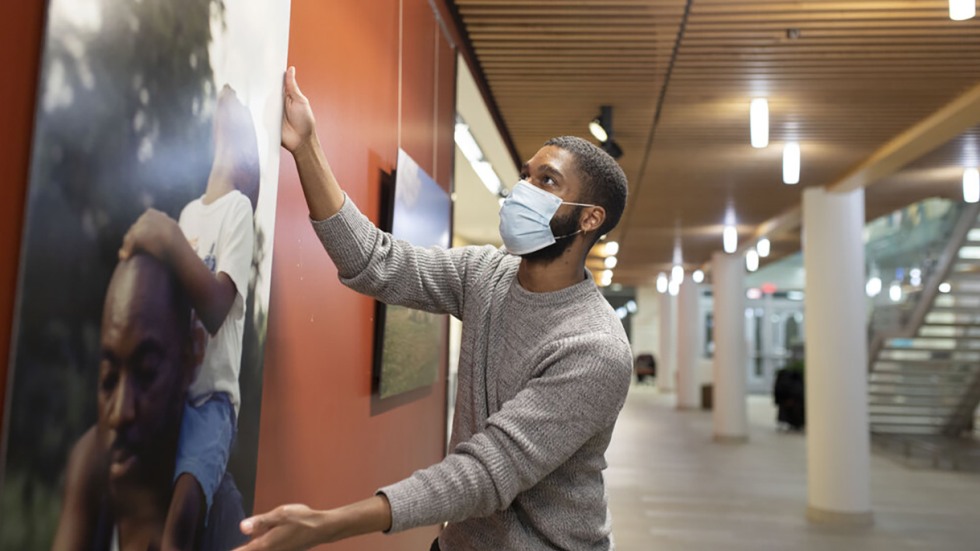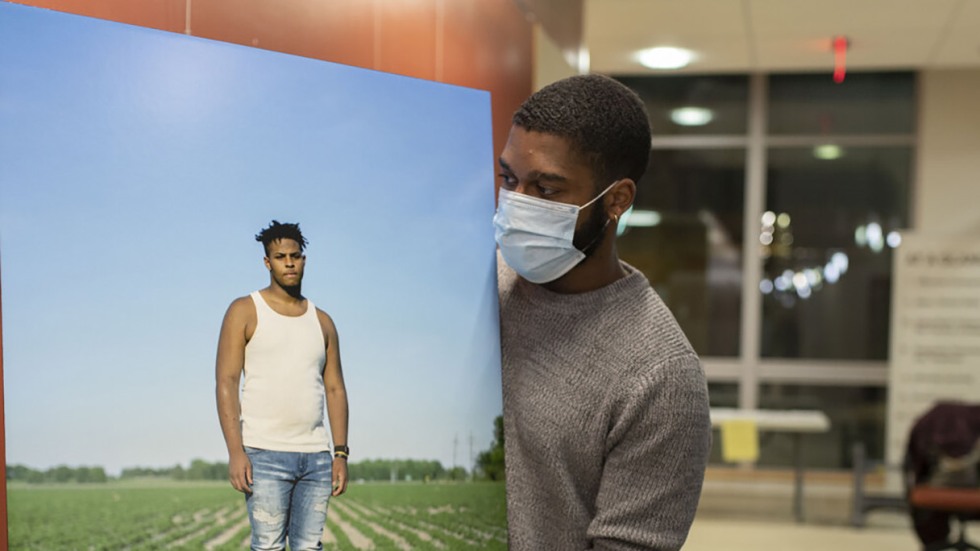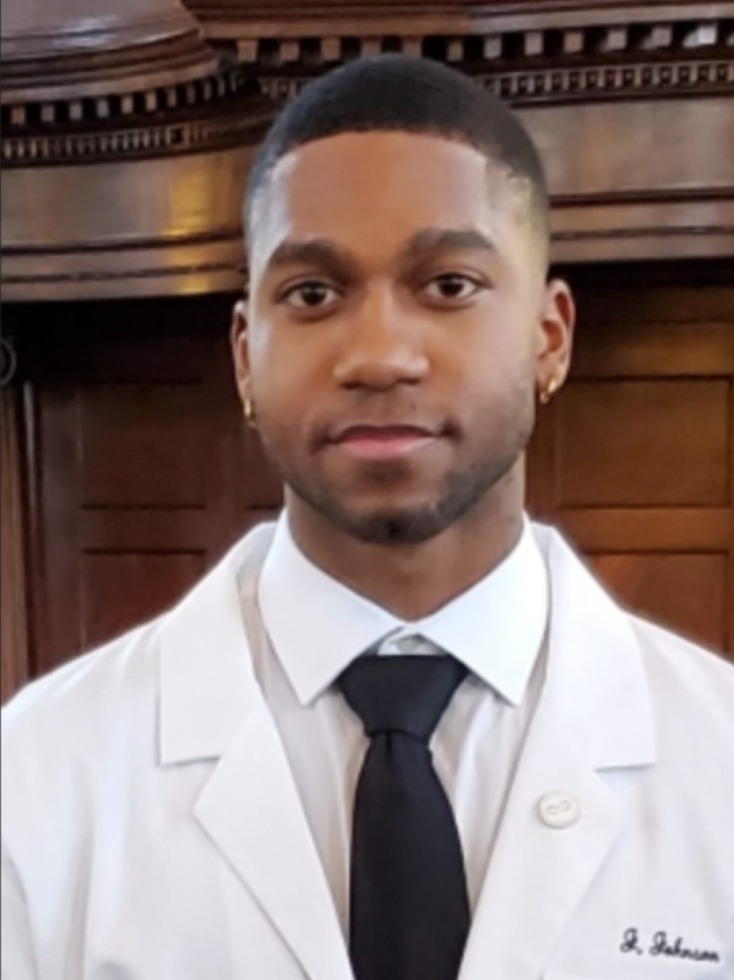PROVIDENCE, R.I. [Brown University] — During the first and second years of medical school, the majority of a student's time is spent in class. But during years three and four, they spend most of their days in hospitals, observing physicians and gaining hands-on experience with patients.
This less rigidly structured time presents ample opportunity for education and skill development, said John Johnson, a soon-to-graduate fourth-year medical student at Brown University — especially if students are open and receptive.
“You’re more reliant on yourself to decide what and how you're going learn,” Johnson said. “Being in that environment, during my third year, I started to develop this idea about ‘learning loosely:’ There’s something to learn from every situation, negative and positive, whether or not the lessons are stated outright.”
This realization was a lesson of its own, Johnson said, and one that he will share with his fellow newly minted M.D.s at the Warren Alpert Medical School ceremony on Sunday, May 28, during Commencement and Reunion Weekend. His address is titled “Becoming More of Ourselves.”
Brown’s program in medicine celebrates 50 years of impact this year, but the prominent speech during the ceremony builds on a 255-year Brown University tradition of elevating student voices at Commencement. Graduating students will also take lead speaking roles at the weekend’s University Ceremony, as well as events for master’s and Ph.D. graduates.
Johnson’s peers elected him as the medical school’s student speaker, and he said he will draw inspiration for his remarks from conversations with classmates. As they shared stories about what they’d witnessed during clinical rotations, he thought about how they can serve as their own teachers, making note of both best practices and what not to do in patient settings. Johnson also heard classmates express everything from excitement to anticipation to anxiety and even ambivalence about leaving the school and city they have called home for at least four years.
While Johnson won’t venture far geographically after graduating — he will start an anesthesiology residency in Boston at Harvard Medical School/Massachusetts General Hospital — he can relate to the idea of feeling anxious about the future. He made a big move when he came to Providence in 2019 from Mississippi, where he’d grown up in Greenville and studied biology at Tougaloo College, a historically Black college in Jackson.



